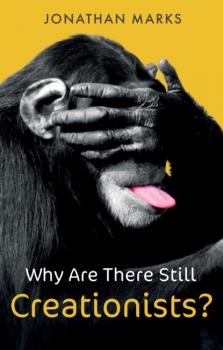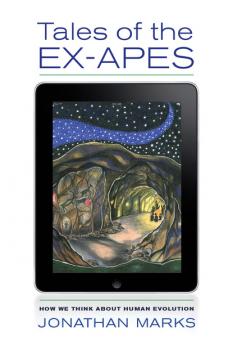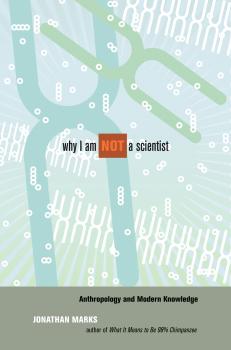ТОП просматриваемых книг сайта:
Jonathan Marks
Список книг автора Jonathan MarksАннотация
The evidence for the ancestry of the human species among the apes is overwhelming. But the facts are never “just” facts. Human evolution has always been a value-laden scientific theory and, as anthropology makes clear, the ancestors are always sacred. They may be ghosts, or corpses, or fossils, or a naked couple in a garden, but the idea that you are part of a lineage is a powerful and universal one. Meaning and morals are at play, which most certainly transcend science and its quest for maximum accuracy. With clarity and wit, Jonathan Marks shows that the creation/evolution debate is not science versus religion. After all, modern anti-evolutionists reject humanistic scholarship about the Bible even more fundamentally than they reject the science of our simian ancestry. Widening horizons on both sides of the debate, Marks makes clear that creationism is a theological, not a scientific, debate and that thinking perceptively about values and meanings should not be an alternative to thinking about science – it should be a key part of it.
Аннотация
 What do we think about when we think about human evolution? With his characteristic wit and wisdom, anthropologist Jonathan Marks explores our scientific narrative of human origins—the study of evolution—and examines its cultural elements and theoretical foundations. In the process, he situates human evolution within a general anthropological framework and presents it as a special case of kinship and mythology.<BR />  <BR /><I>Tales of the Ex-Apes</I> argues that human evolution has incorporated the emergence of social relations and cultural histories that are unprecedented in the apes and thus cannot be reduced to purely biological properties and processes. Marks shows that human evolution has involved the transformation from biological to biocultural evolution. Over tens of thousands of years, new social roles—notably spouse, father, in-laws, and grandparents—have co-evolved with new technologies and symbolic meanings to produce the human species, in the absence of significant biological evolution. We are biocultural creatures, Marks argues, fully comprehensible by recourse to neither our real ape ancestry nor our imaginary cultureless biology.





